Primary Education: What Is It?
Following kindergarten or pre-school, primary education is the first phase of formal education. It centers on instruction and learning exercises meant to enhance early school abilities such as reading, writing, and math. Elementary and primary schools are the settings for primary education.
Starting primary school at age 5-7 and finishing it between the ages of 11 and 13 is possible. various countries may have various requirements for basic education in different age ranges. While the age range and number of years for primary education vary greatly between nations, the curriculum covers much of the same material. Essentially, primary education lays the groundwork for learning by emphasizing the foundational skills. The United Nations Children’s Fund claims that there are numerous advantages to giving pupils a primary education. It can support gender equality and aid to reduce poverty and the child mortality rate. Students are also prepared for secondary education by their primary education.

Secondary education: What is it?
The term “secondary education” describes the phase of traditional education that follows basic school. Secondary schooling begins in the age range of 11–13 and ends in the range of 15–18. These age restrictions may vary from one country to the next. The majority of nations consider secondary education to be mandatory.
Furthermore, in certain nations, secondary education is separated into lower and upper secondary education, whereas in other nations, secondary education is used interchangeably. Since secondary school serves the younger generation, it is one of the most important stages of the formal education system. In addition to emphasizing subjects like economics, social sciences, mathematics, physical sciences, earth sciences, biological sciences, and scientific and industrial technologies, secondary education also fosters life skills. various countries use various language when referring to secondary education. Among them are middle schools, high schools, lyceums, upper schools, and vocational institutions.
What Distinguishes Elementary Education From Secondary Education?
Primary education concentrates on the fundamentals of reading, writing, and math, whereas secondary education covers topics like economics, social sciences, physical sciences, earth sciences, and biological sciences. This is the main distinction between primary and secondary education. Primary education lasts for about 5-7 years and can end around 11–13 years, whereas secondary education can start around 11–13 years and last for 15–18 years. This is just one more way that primary and secondary education differ from one another.
Additionally, whereas secondary school prepares students for higher education, basic education prepares them for secondary education. Teachers have a very small and straightforward curriculum for elementary school and a large and comprehensive curriculum for senior school.
The differences between primary and secondary education are summarized in tabular form below for side-by-side comparison.

Synopsis: Primary versus Secondary Education
Primary education refers to the initial phases of formal education, which follow pre-school or kindergarten education, while secondary education refers to the last stage of formal education, which follows primary education. This is the main distinction between primary and secondary education. Additionally, whereas secondary school prepares students for higher education, basic education prepares them for secondary education.

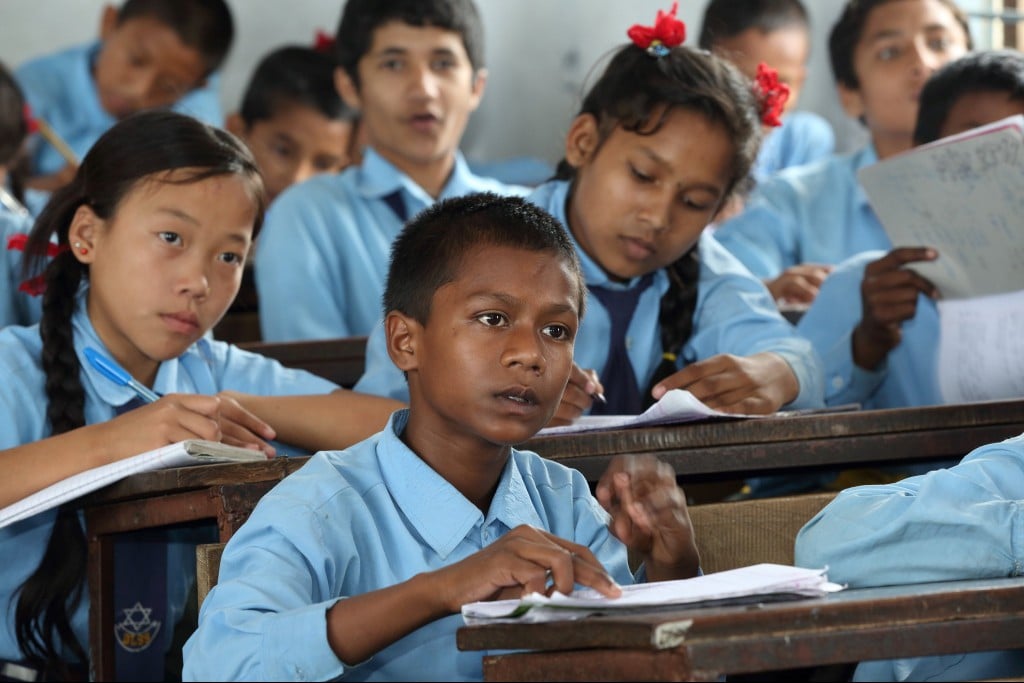
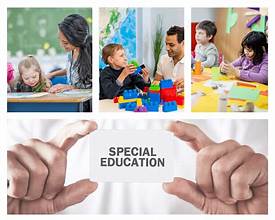

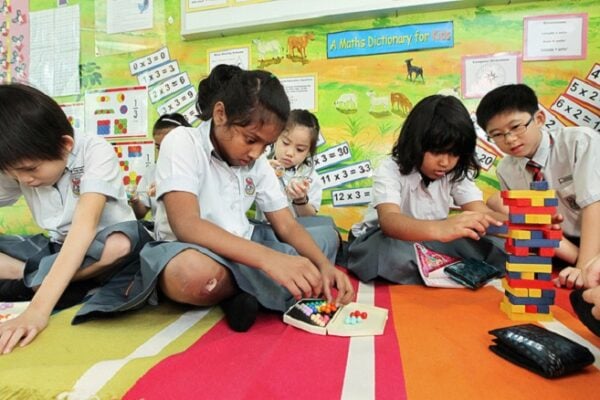



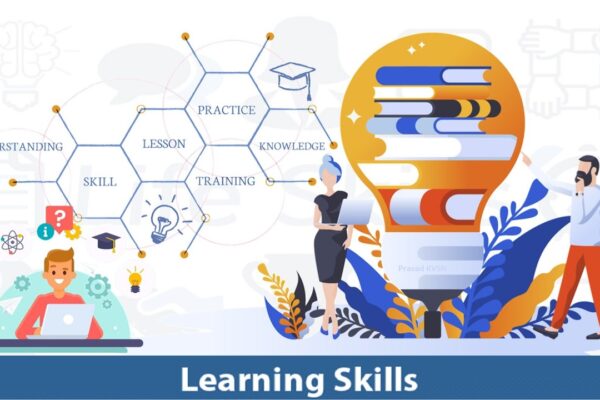
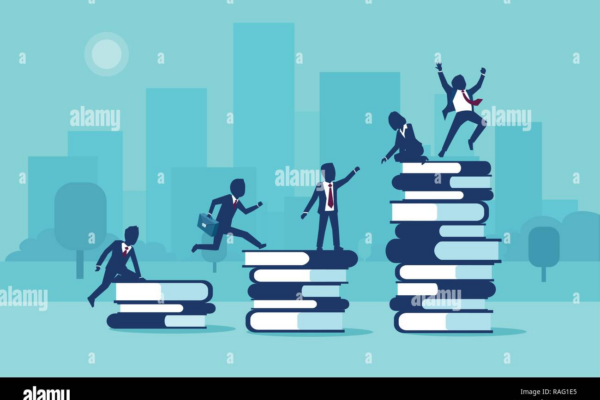
Comments on " How Do Primary and Secondary Education Differ From One Another?" :